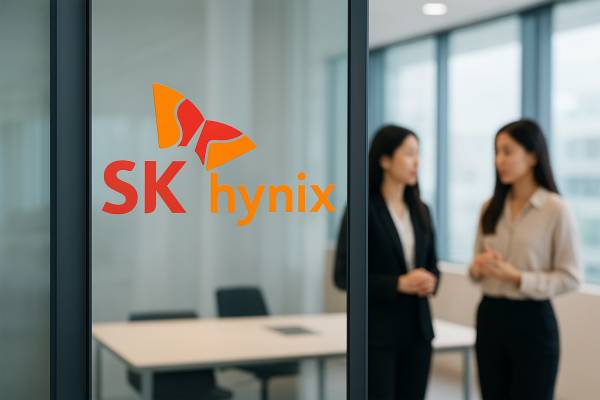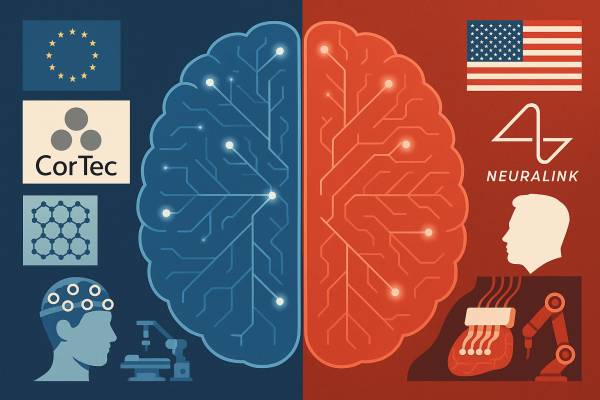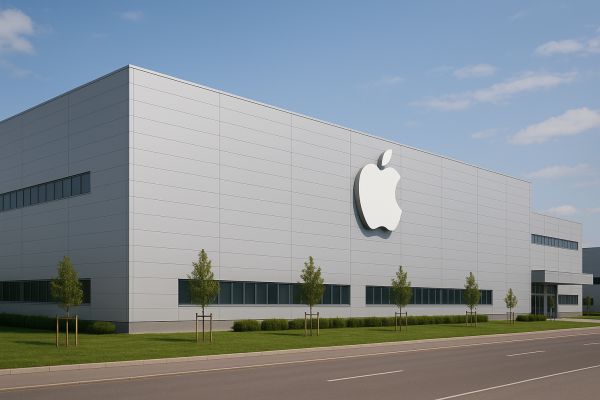Meta's latest product announcement makes it clear: the company firmly believes in the proliferation of wearable technology. Created in collaboration with Oakley, Oakley Meta HSTN smart glasses are aimed at users with an active lifestyle and offer features that combine everyday usability with the possibilities of artificial intelligence.
This is not Meta's first foray into the smart glasses market: the commercial success of the Ray-Ban Meta models, with millions sold, encouraged the company to target another consumer group in collaboration with a new partner, Oakley. The new model, Meta HSTN, is equipped with a camera, open-ear speakers, and a microphone, similar to previous Ray-Ban versions, but now features more prominent characteristics suited to an active lifestyle.

One of the new features of the glasses is the 3K resolution camera, which is a spectacular improvement over the 1080p Ray-Ban models. The IPX4 water resistance rating, 8-hour battery life, and 48-hour charging case are features that make the device suitable for longer outdoor use. In addition, Meta AI integration allows users to ask questions while exercising, listen to music, or even request real-time language translations.
The product launch campaign is supported by well-known athletes, including Kylian Mbappé and Patrick Mahomes, which is a strong indication that Meta sees opportunities in the sports market. According to Meta, this is “the first step towards performance-oriented product categories,” suggesting that the company is counting on the development of sports-related technologies in the longer term.
The question of whether this direction will actually satisfy broader market demand remains open for now. The Oakley Meta HSTN's starting price of $499 places the device in the premium category, and at first glance, its features do not appear to differ radically from other similar devices. Similar to Meta Ray-Ban glasses, there is no built-in display, with the emphasis instead on audio and visual recording capabilities and AI capabilities.
While other players, such as Snap and Google, are also working on developments in this area, the direction in which these technologies will evolve has not yet crystallized in the wearable device market. Meta's goal of selling 10 million smart glasses per year by 2026 is ambitious, but not necessarily unrealistic if it manages to respond to real, well-defined needs.
Meta's current move is therefore more of another experiment than a definitive answer to the question of what place AI-powered glasses might have in the world of sports and leisure. The Oakley Meta HSTN model, with all its technical features, could be a potentially useful tool for a narrower group of users. Whether it will actually appeal to a wider audience will depend on user feedback and usage patterns in the coming years.
























